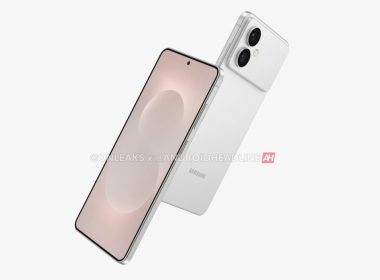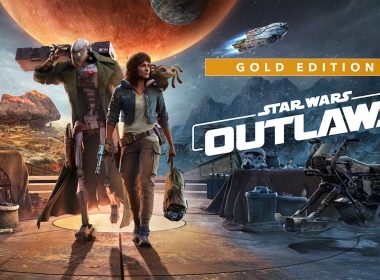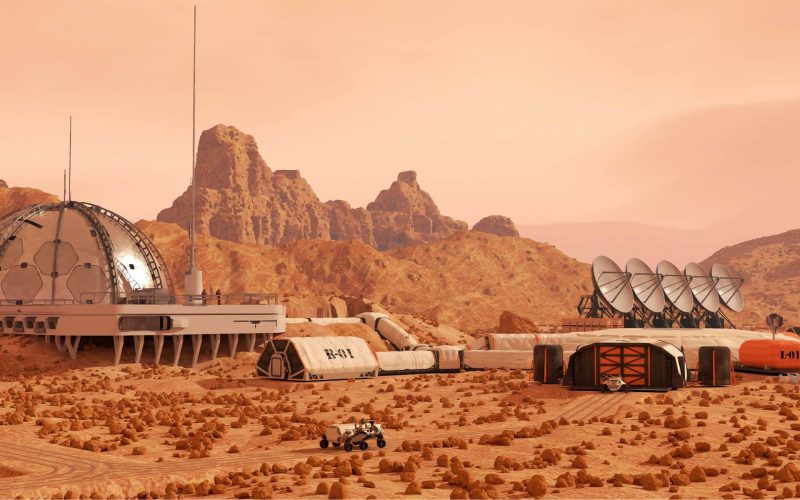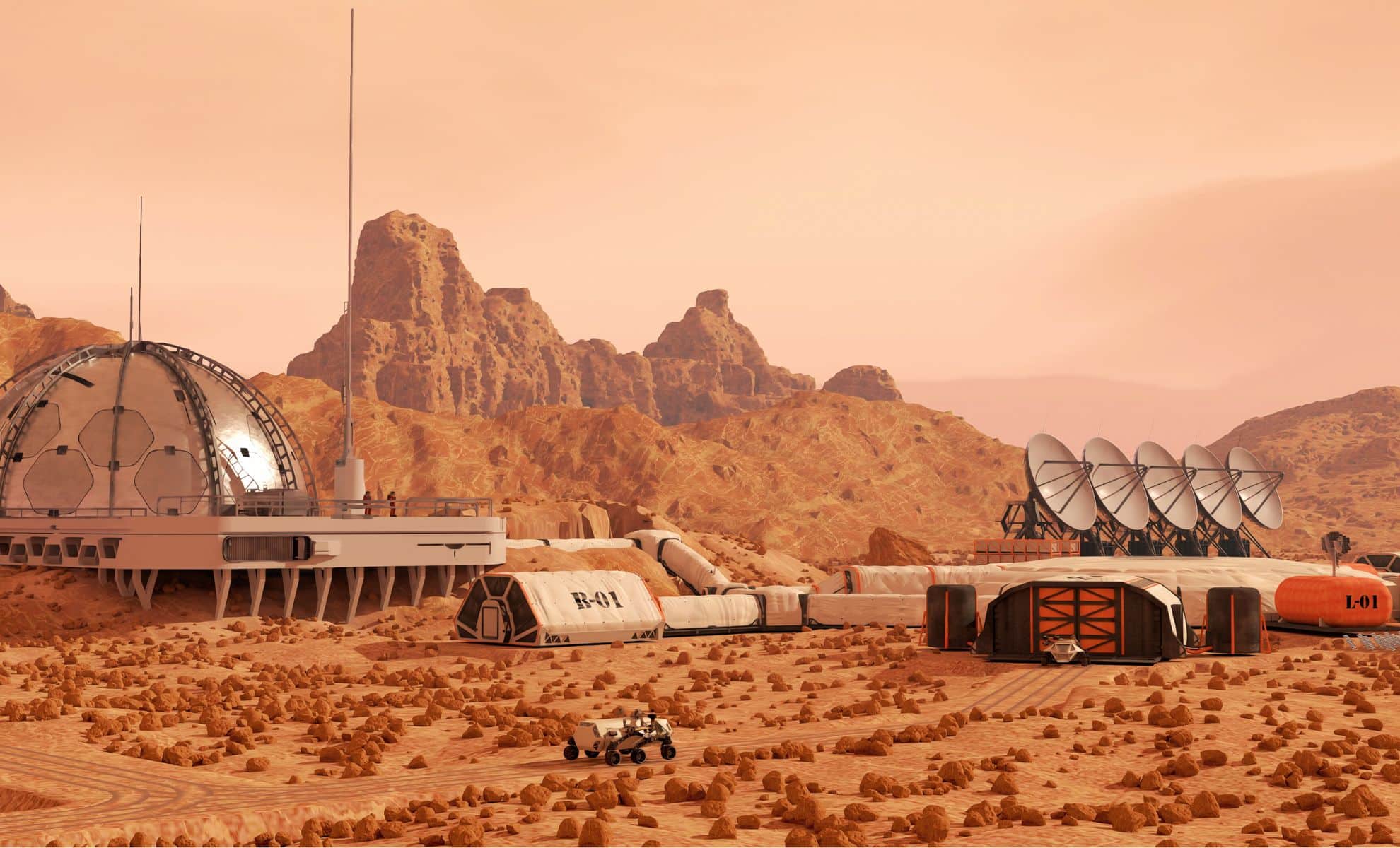Have you ever wondered how astronauts will manage their health on a mission to Mars? Well, buckle up because NASA and Google are about to change the game with an incredible AI medical assistant that could keep astronauts fit and healthy in space! In 2025, as NASA gears up for longer space missions, including the ambitious goal of landing humans on Mars, the need for innovative healthcare solutions has never been more crucial.
Imagine being hundreds of thousands of miles away from Earth, facing potential medical emergencies with no direct communication with mission control. That’s where the Crew Medical Officer Digital Assistant (CMO-DA) comes in! This revolutionary AI tool is designed to help astronauts diagnose and treat medical conditions all on their own. Sounds futuristic, right? But it’s happening now, thanks to a collaboration between NASA and Google.
The CMO-DA is not your average medical chatbot; it’s a sophisticated tool that can interact with astronauts using speech, text, and images. It’s built on Google Cloud’s Vertex AI platform, which combines various AI models to power this groundbreaking assistant. Imagine astronauts being able to describe their symptoms verbally, send pictures of injuries, or type out messages to get real-time medical advice! This flexibility is essential in space, where traditional medical assistance is often out of reach.
During deep space missions, astronauts will experience long communication delays with Earth, making it challenging to get timely medical support. The CMO-DA is here to bridge that gap. It has already undergone rigorous testing for common medical issues that astronauts might encounter, including diagnosing and suggesting treatments for ankle injuries, flank pain, and ear pain. The results? An impressive diagnostic accuracy ranging from 74% to 88% across various scenarios! This means that even without a doctor on-site, astronauts could manage their health effectively.
“The tool not only could improve the health of astronauts in space, but the lessons learned from this tool could also have applicability to other areas of health,” said David Cruley, a customer engineer at Google’s Public Sector business unit.
This insight highlights a fantastic potential beyond space exploration. If CMO-DA proves successful in space, it could revolutionize remote medical care on Earth, especially in regions with limited access to healthcare resources. Now, let’s dive a bit deeper into what makes this AI assistant so special.
What truly sets CMO-DA apart is its multimodal functionality. This means it can respond to astronauts in various ways, adapting to their communication preferences. Whether they want to speak, text, or upload images, the assistant is ready to help. This adaptability is vital in the unique environment of space, where circumstances can change rapidly and traditional medical practices may not apply.
As NASA focuses on sending humans to Mars, health concerns are at the forefront of their preparations. Astronauts face numerous health risks, such as radiation exposure and muscle atrophy due to microgravity. With the CMO-DA, astronauts will have the tools to address health challenges autonomously, reducing their reliance on Earth-based support.
Beyond just addressing injuries, the CMO-DA’s ability to evaluate visual inputs like images allows astronauts to assess complex medical issues that require careful examination. Whether it’s identifying a simple wound or recognizing signs of serious conditions like infections, this technology ensures that astronauts have crucial diagnostic tools at their disposal.
The prospect of tackling health issues in space is exhilarating, but it also raises questions about how such technologies can be applied back on Earth. Imagine a world where healthcare can be delivered remotely, utilizing AI tools similar to CMO-DA to assist in areas with limited medical resources. The applications are endless!
As NASA’s plans for Mars unfold, the importance of tools like CMO-DA cannot be overstated. The AI medical assistant represents a significant leap in space medicine, helping ensure the health and safety of astronauts on their daring journeys. This exciting collaboration between NASA and Google is not just about exploring new worlds; it’s about pioneering healthcare solutions that could benefit us all.
So, as we look towards the stars, we can also look forward to the innovations that will come from our explorations. With advancements like the CMO-DA, we’re not just aiming for Mars; we’re paving the way for a healthier future, both in space and on Earth. The sky is no longer the limit!










